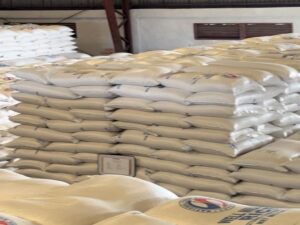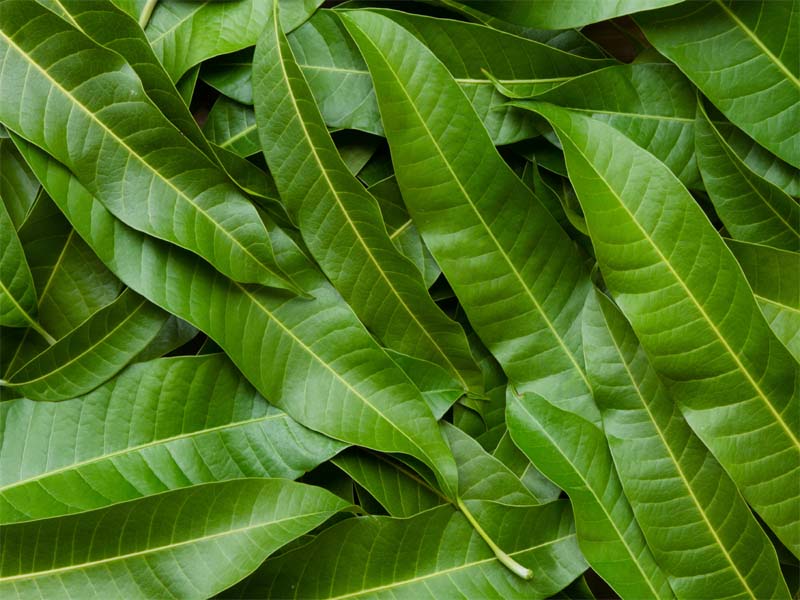Based on a study conducted by a research team led by Arsenia B. Sapin from the University of the Philippines Los Baños (UPLB), local mango leaves were found as a nature-based cosmetic ingredient “with good antioxidant, anti-aging, and whitening properties.”
In the “Evaluation of the Bioactivities of Natural Phenolics from Mango (Mangifera Indica Linn) Leaves for Cosmetic Industry Applications,” samples of fresh leaves of mango cultivars (carabao, apple mango, pico, sinaging, and sipsipin) were collected from San Miguel, Bulacan to explore its possible cosmetic applications.
The majority of studies on mango, one of the top three produced and exported crops in the country, focused on industry profitability, breeding, fruit production, and processing.
“Unlike in other countries, very few in the Philippines have explored the potential and utilization of the non-fruit parts of the mango, such as the bark and leaves,” said Sapin.
She and her research team studied the presence of polyphenolic compounds in the local mango leaves and looked into the local mango leaves’ antioxidant capacity and inhibitory effect against elastase and tyrosinase—enzymes that cause aging and darkening of the skin.
“Previous studies on foreign mango cultivars have revealed that mango leaves are an excellent source of polyphenolic compounds, which provide health benefits such as antioxidation, antidiabetic, anticancer, and anti-inflammatory properties, among others,” said the Department of Science and Technology’s Science, and Technology Information Institute (DOST-STII).
It noted that mango leaves have proven their application in food, pharmaceuticals, and cosmetics overseas, citing an approved patent from that Loreal’s on the extraction and application of polyphenols from mango leaves.
The study’s results showed that in terms of skin whitening, extracts from young leaves of pico and carabao varieties were most potent in inhibiting the skin darkening enzyme, tyrosinase.
“On the other hand, among the extracts from the mature leaves, the apple mango exhibited the greatest potency. While these extracts are a better whitening agent than ascorbic acid, such is not the case with kojic acid,” said the DOST-STII.
Moreover, the extract from apple mango leaves was the most potent elastase inhibitor, which was about two times to four times more potent than the other extracts in terms of anti-aging effects. When compared with the standard tocopherol (Vitamin E compound commonly found in nuts, oil, and vegetables), the mango leaf extracts were estimated to be 10 times more effective.
“The results of this study could provide consumers with effective nature-based ingredients for safer cosmetic products, and for healthier and beautiful skin, as an alternative to the synthetic ones available in the market,” said Sapin.
The complete discussion and results of the study are available for free from the Philippine Journal of Science (PJS) Vol. 150 No. 2, April 2021 issue.
SOURCE: Manila Bulletin





















Comments are closed for this article!